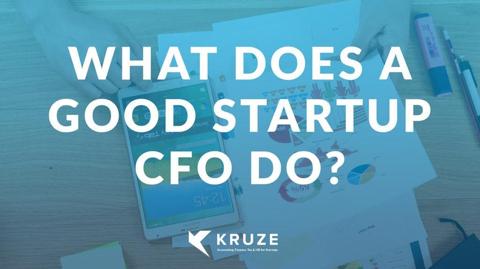
Cash burn rate is a critical signal for every high-growth startup. It tells founders, investors, and leadership teams how fast money is going out, and how much runway remains. For venture-funded companies, managing burn rate isn’t just about cutting costs; it’s about finding the smartest ways to balance growth, opportunity, and financial discipline. Part-time CFOs bring targeted expertise to help startups stretch every dollar and avoid common financial pitfalls on the road to scale.
Monitoring Burn Rate: Precision and Discipline
Part-time CFOs start by establishing robust systems for real-time tracking of cash inflows and outflows, often with cloud-based dashboards synced to bank accounts and accounting platforms. They break burn down into categories such as committed (fixed payroll, rent), planned growth spend (new hires, R&D), and opportunistic expenses (marketing tests or strategic initiatives). Monthly variance analysis, rolling 12-month forecasts, and routine check-ins mean founders always know where their money is going, with no surprise shortfalls.
Controlling Costs Without Sacrificing Momentum
Smart part-time CFOs help founders categorize every dollar and audit spending quarterly to cut non-essential or redundant costs. They apply an 80/20 rule, prioritizing expenses that drive direct growth, customer acquisition, or retention, and recommending cuts for perks, software subscriptions, or underused resources. Strategic vendor negotiations, deferred hires, and performance-based incentives ensure every outlay links back to a clear ROI. Variable costs like events or ads get special scrutiny for adjustability, while fixed costs (such as rent or salaries) are monitored for long-term sustainability.
Optimizing Liquidity and Cash Flow
Liquidity isn’t just about cash on hand; it’s also the freedom to seize opportunities or weather setbacks. Part-time CFOs forecast runway for 12–18 months, ensuring startups are prepared for slow sales cycles, late payments, or funding delays. They implement faster billing cycles, tighten payment terms, and follow up aggressively on accounts receivable. Banking strategies, such as balancing operating, reserve, and investment accounts, maximize interest and keep funds available for emergencies.
CFOs may also work with founders to rethink revenue streams, streamline product offerings, or offer upfront discounts in exchange for early payment to boost cash flow. Contingency planning is key, with reserve funds for unexpected expenses built into monthly cash projections.
Strategic Growth Decisions Informed by Financial Health
A part-time CFO’s most important role is as a strategic advisor. By analyzing unit economics, cost of growth, and returns on investment, they guide founders through tough decisions: when to expand, where to invest, or if it’s time to pivot. Rolling forecasts, sensitivity analyses, and scenario planning help leadership weigh the impact of faster hiring, new markets, or pausing risky initiatives. This financial discipline ensures sustainable growth, not just “growth at any cost.”
The Part-Time CFO Advantage
Hiring a part-time CFO lets startups access executive-level insight, accountability, and strategy for a fraction of the cost of a full-time hire. These experts create clear systems for monitoring burn, controlling costs, and optimizing liquidity, which empowers founders to focus on product and market while making smarter, data-driven decisions.
Kruze Consulting specializes in helping venture-funded companies build robust financial foundations. With part-time CFO support, startups gain the clarity, control, and confidence needed to navigate cash burn and fuel long-term success.












